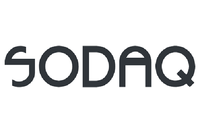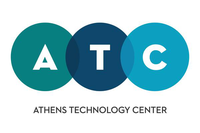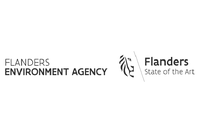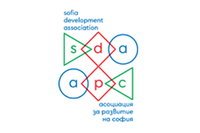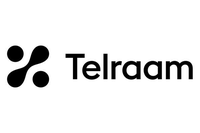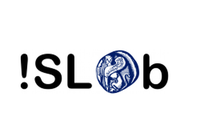COMPAIR
from 01/11/2021 until 31/10/2024
Pollution monitoring in the EU has a long history, and it’s one of the most comprehensive and advanced sources of evidence that exist in various environmental domains. Nevertheless, a few shortcomings remain. On a local level, for example, the granularity of data is not always sufficient to allow meaningful policy analysis. In part, this is due to the limited overview of air pollution in urban micro-environments, because official monitoring stations tend to be limited in number. This makes it difficult to obtain representative coverage of an entire city. Citizen science has the potential to fill this gap by providing high-resolution spatial and temporal data at the neighbourhood level. However, despite the concept being around for a few decades, citizen science is still considered a non-traditional data source in policy circles. Further efforts are needed to build its acceptability by decision makers at different levels of government.
Aim
Determined to bolster the idea citizen science produces reliable data, COMPAIR will deploy advanced quality assurance measures in the form of cloud-based calibration algorithms, to make citizen science data policy-ready. In addition, the project will engage the entire urban value chain in pollution monitoring and analysis, with a special focus on people from lower socioeconomic backgrounds and geographic contexts with less developed citizen science culture e.g., Eastern- and Southern Europe. Thanks to COMPAIR, local stakeholders will get a comprehensive, accurate and easily accessible view of pollution in places not covered by official monitoring stations. They will be able to see how pollution affects them individually and what its broader impacts are, or will be in the case of inaction, on the economy and environment. By leveraging these insights, members of the quadruple helix community (public institutions, private organisations, academia and the public) will be able to co-create the appropriate measures and strategies needed to set smart cities on a more carbon-neutral footing and reduce air pollution to levels that are considered safe for all.
Needed equipment
SODAQ AIR and SODAQ NO2: Low-cost sensors designed for the project. SODAQ AIR measures particulate matter (PM). It was designed to be compact and is only slightly larger than a bicycle bell, so it can be easily mounted on a bike to measure dynamic exposure to PM1, PM2.5, and PM10. The device can also be used as a static environmental sensor to measure air pollution from a fixed location (home, street, garden) over an extended period of time. SODAQ AIR, and will measure nitrogen dioxide.
Telraam: Telraam counts, categorises and reports all activity at street level: cars, bikes, pedestrians, buses, trucks and more. The device has to be placed on the inside of a window using the self-adhesive mount provided. Telraam uses AI and Neural Networks. No identifiable images or videos are saved or transferred from the devices.
Policy Monitoring Dashboard (PMD): The dashboard will help users to understand and compare how environmental situations change under different actions. By collecting a large amount of information from different sources the PMD will be able to simulate future impacts for different variables e.g., pollution type, location and time.
Dynamic Exposure Visualisation App (DEVA): This app will visualise air quality as floating particles to help users understand their exposure to pollution.
CO2 Calculator: The CO2 Calculator will display the amount of greenhouse gas emissions produced by one’s daily activities. It will show emissions from multiple sources (e.g., cars, buildings, flights) to help users measure, reduce and offset their carbon footprint.
About funding
Funding bodies: European Comission
Created Dec. 20, 2022, 12:45 p.m.
Updated Jan. 9, 2023, 11:15 a.m.
.png)
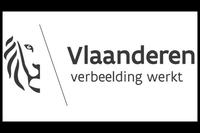
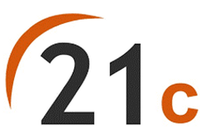

.jpg.200x133_q85_crop.png)
